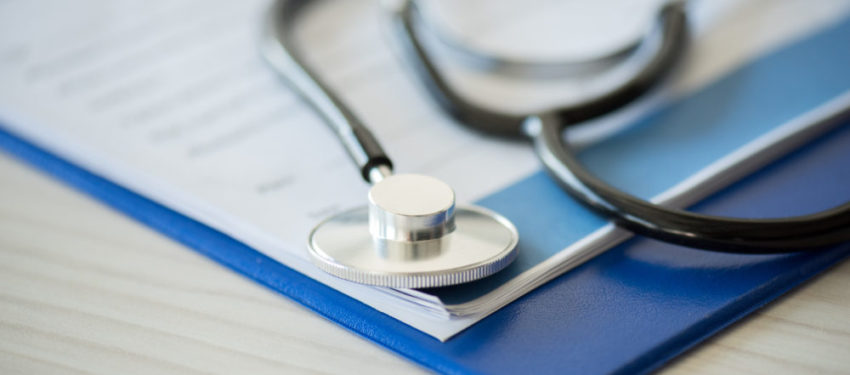What Can a New Jersey Medical Malpractice Lawyer Do for Me?
Medical malpractice is defined as an act of carelessness or negligence on the part of a healthcare professional or healthcare institution, which includes doctors, nurses, technicians, therapists, hospitals, among others. Compared to other types of personal injury claims, medical malpractice cases are often much more complex and costly. It is therefore to your benefit to contact an experienced medical malpractice lawyer to assist you in evaluating your claim and pursuing litigation if appropriate.
What Is Considered Medical Malpractice in New Jersey?
According to New Jersey law, medical malpractice occurs when a healthcare professional or institution violates the standard of care in their field or specialty and in turn causes harm to the patient. The standard of care refers to the generally accepted procedures and practices that medical care providers in the geographic area would use when treating a particular injury or illness.
Just because a patient is dissatisfied with a treatment or the results of said treatment does not mean that medical malpractice occurred; the patient will also have to prove that the culpable party’s negligence caused him or her to suffer damages as a result. In most cases this will require the testimony of expert witnesses trained in the area of medicine related to the patient’s injury. This can get expensive fast so it is important that you discuss your case with an experienced medical malpractice attorney to figure out if your claim is meritorious.
Types of Medical Malpractice
Most medical malpractice claims arise out of improper treatment, failure to diagnose, or failure to obtain the patient’s informed consent. If any of these apply to your claim, you may have a case worth pursuing and should get in contact with a medical malpractice lawyer immediately.
Key Issues in New Jersey Medical Malpractice Law
The following are New Jersey specific aspects of medical malpractice law of which you should be aware:
- Statute of Limitations – Medical malpractice claims have a 2-year statute of limitations from the date of the alleged act of negligence. However, in cases where the patient did not have reason to know that he or she was injured, this timeframe will not begin to run until the moment the patient had reason to know of his or her injury.
- Tort Claims Notice – If you are asserting a claim against a public entity, you are required to provide Tort Claims notice to any potentially liable public entity within 90 days of the incident. This means that you must act quickly to ensure the proper parties are notified otherwise your claim may be forever barred.
- Affidavit of Merit – New Jersey requires a medical malpractice plaintiff to serve an Affidavit of Merit within 60 days of filing of the defendant’s answer. The Affidavit must be made by a doctor with the same specialty or subspecialty as the defendant and declare under oath that the defendant treated the patient in a way that did not meet the appropriate standard of care. Separate Affidavits must be prepared for each healthcare provider being sued and failure to prepare and serve these Affidavits can lead to dismissal.
- Damage Caps – Punitive damages are only awarded when the healthcare provider’s actions are considered extraordinarily reckless, such as in cases of malicious conduct or fraudulent practices. The cap on punitive damages is $350,000. New Jersey law does not place any cap on compensatory damages such economic loss (medical bills, lost earnings, out-of-pocket expenses) and non-economic loss (pain and suffering).
How Craig Rothenberg Can Help You
At the Law Office of Craig Rothenberg, we are experienced personal injury attorneys based in New Brunswick, NJ who handle medical malpractice cases. We can help you gather expert testimony, pursue a full and fair settlement, and take your case to trial if necessary. Contact us today to start discussing your medical malpractice case and how to move forward.
